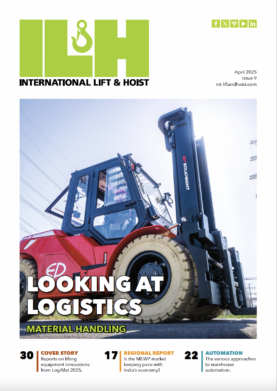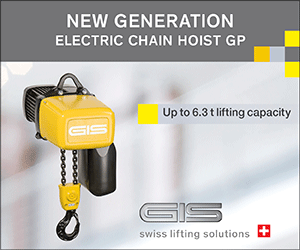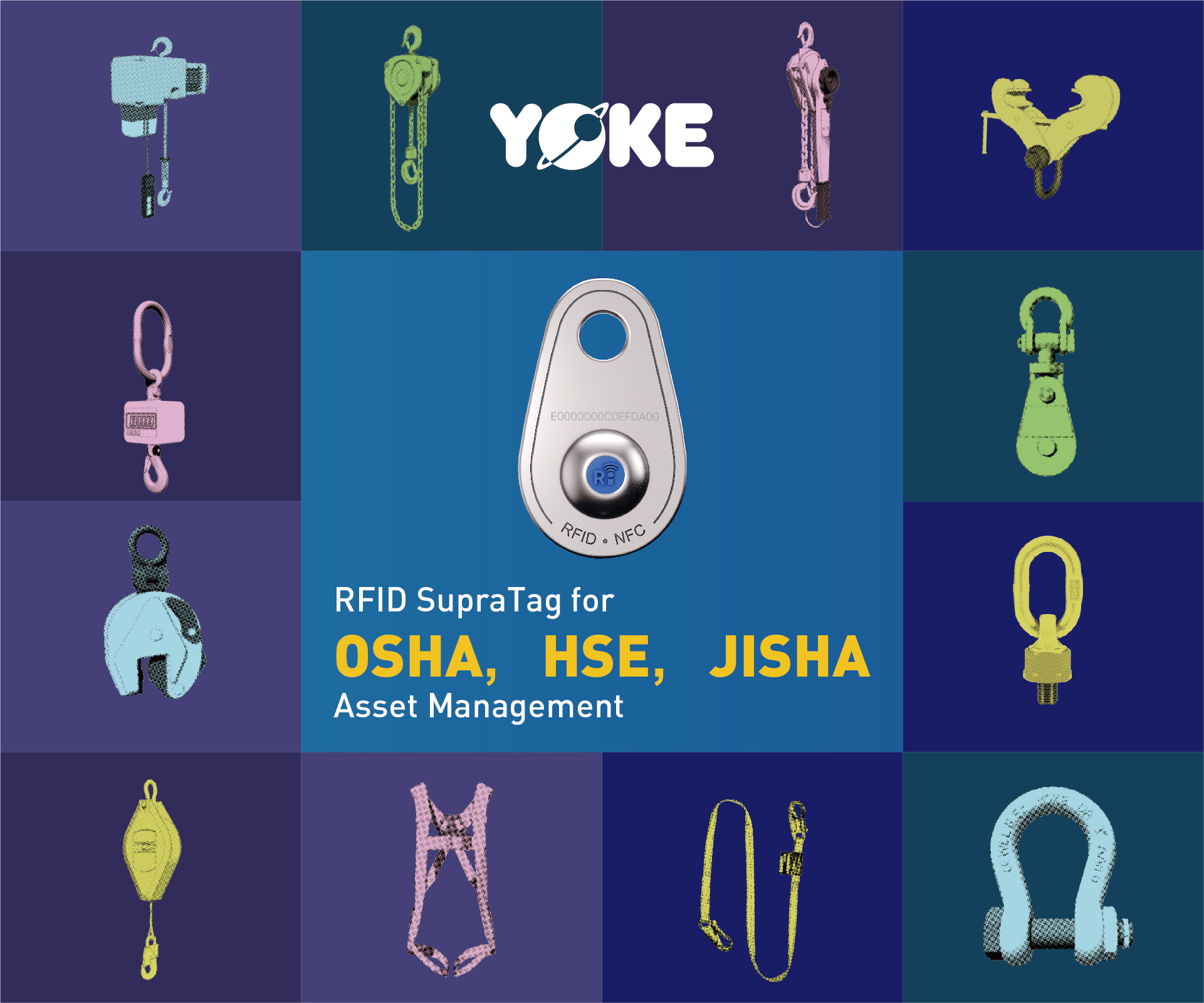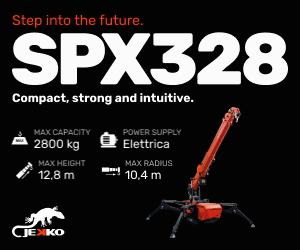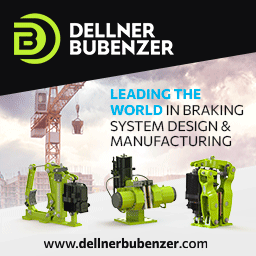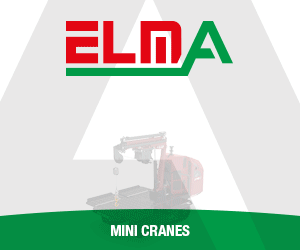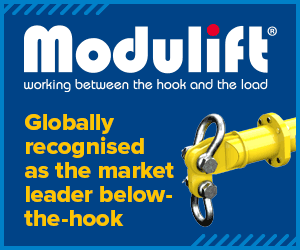Owner of First Sennebogen Scrap Handler Stays Green After 12 Years
When the Sennebogen brought its distinct green line of purpose-built material handling equipment to America in 2000, Mervis Industries was the first customer to take a chance on the new equipment. Jim Picillo, now vice president and COO at Mervis, remembers the event well: He was part of the team that originally met with Sennebogen and approved the purchase of the green machine for the firm’s recycling yard in Danville, Ill. Today, the first machine is still operating outside his office.
“I had bought machines from everyone by that time,” he said. “We sat down with Erich Sennebogen, and he explained the company’s concept. It was a purpose-built machine backed with sound engineering; it was obvious to us that they had thought things out and had talked to their customers.”
On first inspection, Picillo and his colleagues recognized the green machine was a true scrap handler, in contrast to the traditional cranes or converted lumber and dirt machines that were commonly retrofitted into scrap-yard applications.
However, he noted that there were a number of issues that still had to be addressed to Mervis’ satisfaction. “The magnet controller was an early solid state model and not really reliable,” said Picillo. “We felt that the swing gear would be inadequate for our loads and duty cycles, too. The fuel economy was pretty favorable, but we had concerns about getting parts and service for the originally installed engines. We recommended to them at the time that they consider switching engines that U.S. customers might be more comfortable with.”
Sennebogen’s reaction to his comments sealed the deal for Picillo. “They stood behind it and made everything right,” he says. “We knew this was a company that we wanted to partner with to resolve the issues and bring a better product to the market.”
Since then, Sennebogen has moved to engines that are better known to the American market. “We’re very happy they have moved to Cummins because our truck fleet is all Cummins,” Picillo said.
Mervis’ chief of equipment maintenance, John McClatchey, is also pleased with the equipment. According to Picillo, McClatchey came to him when he heard that that company was going to purchase a new scrap handler. “It’s going to be a Sennebogen, right?” he asked. “Make it SENNEBOGEN or I’m gonna quit! I’ve never seen a machine with so few problems!”
Picillo agrees that the green machines he helped to bring into the U.S. market have lived up to his hopes. Mervis, one of the largest recycling operations in the Midwest, now runs a fleet of Sennebogen scrap handlers in its various yards in Illinois and Indiana. The differences between these machines and older style machines are many, said Picillo. “The boom was developed with the stresses of our industry in mind,” he said. “The outriggers and wheels create a better platform to work from, on a wider footprint with 12 points of contact. The slightly slower rpm on the swing function helps the operator stay under control – we prefer a smooth operator to a fast but out of control one.”
Easy to own
Picillo also appreciates the maintenance features in Sennebogen machines. He points to the control system, saying it is not complicated for machinery technicians who don’t have extensive training in electronics. Echoing the sentiments of McClatchey, he noted that none of the machines in his fleet have ever given him a serious oil problem. He is even impressed by the wrapping applied to hoses that are hidden out of sight in the machines. “While touring the assembly plant, I noticed them wrapping the hoses to protect them from friction wear and vibration,” he said.
For service, Picillo said Mervis works with Sennebogen dealers Brandeis and Howell Tractor, as well as Jim Westlake, senior service manager for Sennebogen LLC. He has also been part of the organization since its very beginning.
With better than 10 years of experience operating Sennebogen scrap handlers, Picillo said that Mervis prefers Sennebogen scrap handlers “so we don’t have to be experts on all different types of equipment. We continue to use other manufacturers’ equipment in our fleet, but we are definitely trending greener all the time.”



